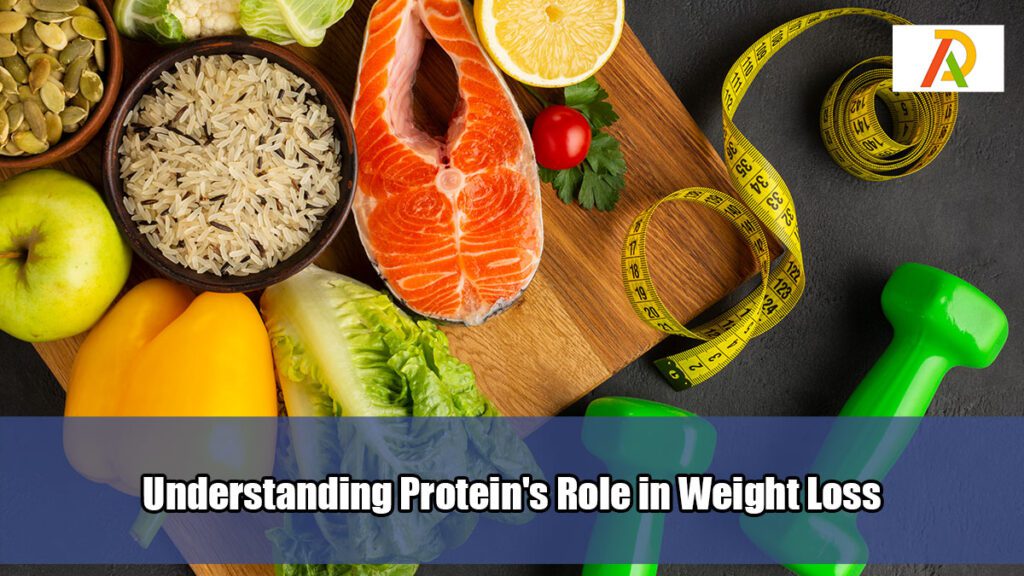How Protein Can Help You Lose Weight: Uncovering the Science

In today’s health-conscious world, the conversation around weight loss is ever-evolving. One constant, however, is the role of protein in facilitating a healthy reduction in body weight. In this article, we will explore the science behind wellhealthorganic.com/how-protein-can-help-you-lose-weight-and-know-why-protein-is-good-for-weight-loss and why protein is an essential component of a weight-loss regimen.
Understanding the Basics of Protein
Protein is one of the three macronutrients, alongside carbohydrates and fats that our bodies require for energy and various physiological functions. It is made up of amino acids, often called the building blocks of life. Protein is crucial for the growth and repair of tissues, hormone production, and maintaining a healthy immune system.
wellhealthorganic.com/how-protein-can-help-you-lose-weight-and-know-why-protein-is-good-for-weight-loss – The Role of Protein in Weight Loss
- Satiety and Reduced Calorie Intake: Protein is more satiating than carbohydrates or fats, meaning it can make you feel fuller for longer. This can lead to a naturally reduced calorie intake, as you are less likely to snack or overeat.
- Increased Metabolism: Protein has a higher thermic effect than other macronutrients, meaning your body uses more energy to digest and metabolize it. This increase in metabolic rate can contribute to weight loss.
- Preservation of Muscle Mass: Maintaining muscle mass is important to lose weight. A higher protein intake can help preserve lean muscle tissue, even in a caloric deficit, ensuring that most weight loss comes from fat.
- Reduction of Cravings: Protein can help regulate hunger hormones, such as ghrelin, reducing cravings and the likelihood of indulging in unhealthy snacks.
Incorporating Protein into Your Diet for Weight Loss
To harness the weight loss benefits of protein, it’s important to incorporate it into your diet in a balanced and healthy way. Here are some tips:
- Start Your Day with Protein: Breakfast is a great opportunity to kickstart your metabolism with a protein-rich meal, such as eggs or Greek yogurt.
- Include Protein in Every Meal: Aim for a protein source in every meal to keep you full and satisfied throughout the day.
- Choose Lean Protein Sources: Opt for lean cuts of meat, poultry, fish, beans, and legumes to keep your calorie intake in check.
- Snack on Protein: Instead of sugary snacks, choose protein-rich options like nuts, seeds, or a protein shake.
- Balance Your Plate: Ensure your meals are well-balanced with a combination of protein, healthy fats, and fiber-rich carbohydrates.
How Much Protein Do You Need for Weight Loss?
The amount of protein you need depends on various factors, including your age, gender, activity level, and weight loss goals. As a general guideline, consuming 1.2 to 2.0 grams of protein per kilogram of body weight can benefit weight loss. However, consulting with a healthcare professional or a registered dietitian is important to determine the optimal protein intake for your needs.
The Bottom Line
Protein plays a crucial role in weight loss by promoting satiety, increasing metabolism, preserving muscle mass, and reducing cravings. Incorporating a balanced amount of protein into your diet can be a key strategy in achieving and maintaining a healthy weight. As with any dietary change, it’s important to approach protein intake with moderation and mindfulness, ensuring that it fits into a well-rounded and nutritious diet.
In conclusion, wellhealthorganic.com/how-protein-can-help-you-lose-weight-and-know-why-protein-is-good-for-weight-loss. It is not just a matter of consuming more protein but also understanding how it works in synergy with other nutrients and lifestyle factors to support your weight loss journey. You can optimize your diet for effective and sustainable weight loss by making informed choices about your protein intake.


